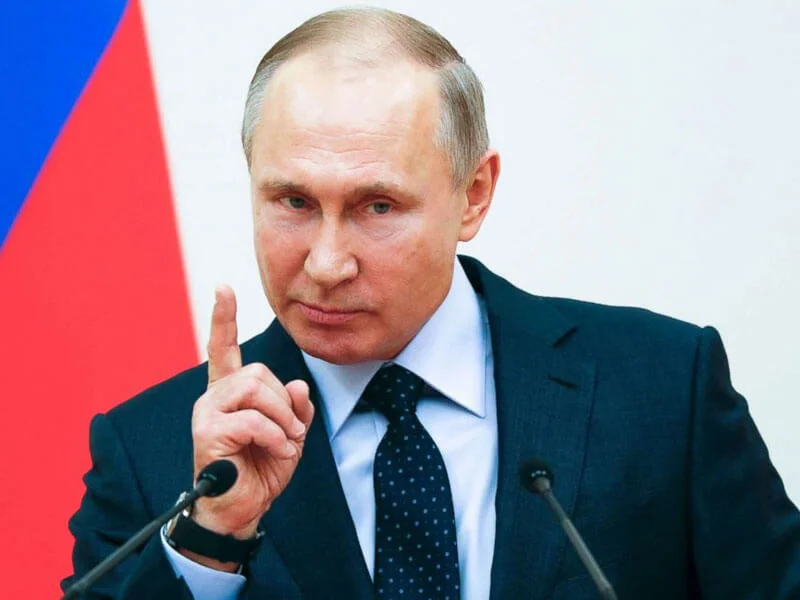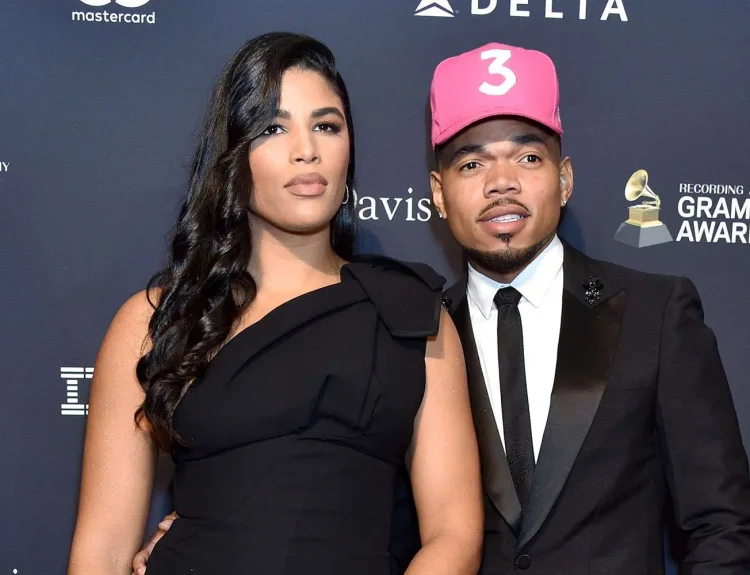Pakistan’s prime minister, Imran Khan, has said he has been trying to raise the alarm at the United Nations this week about the danger of a nuclear war breaking out over Kashmir.
India and Pakistan came close to a conflict in February when India bombed Pakistani territory for the first time in a half century and warplanes from both countries fought a dogfight over the divided region.
Tensions were defused when Pakistan returned a downed Indian pilot. But they have grown again since India revoked a constitutional clause that endowed semi-autonomous status on the part of Kashmir under its control in August. India moved hundreds of thousands of troops to the region and carried out thousands of arrests.
Khan said the move was driven by the Hindu nationalist ideology of the Indian prime minister, Narendra Modi, whom he called a “fascist”.
The Muslim-majority territory is currently under heightened security, while mobile and internet services have been cut, but Khan predicted a popular backlash once such measures are lifted.
“They’ll come out on the streets. What happens then?” Khan told journalists at the UN general assembly. He pointed to the presence of a 900,000-strong Indian force there currently enforcing security.
“I fear there will be a massacre and things will start to go out of control,” the Pakistani leader said.
“My main reason for coming here was to meet world leaders at the UN and speak about this. We are heading for a potential disaster of proportions that no one here realises,” Khan said. “It is the only time since the Cuban crisis that two nuclear-armed countries are coming face to face. We did come to face to face in February.”
Khan has vowed to defend Pakistani territory but has also expressed fear of an uncontrolled escalation. He spoke on Wednesday about his dilemma on being told of the Indian air strikes.
“In February, my army chief calls me up and the air force chief, [saying] that Indian jets have come and bombed Pakistan territory. What do we do? What do we do?” Khan said. “Should I – should we – have to make that choice.”
He said he had expressed his fears in conversations this week with Donald Trump, Angela Merkel, Emmanuel Macron and Boris Johnson.
Trump has offered to mediate, but only if both Pakistan and India agree. India has been resistant to outside mediation, and Modi has presented his actions in Indian-controlled Kashmir as essential to counter separatism and terrorism, which he accuses Pakistan of fomenting.
But Khan has faced an uphill task. Trump has become a close political ally of Modi, even appearing as the Indian prime minister’s guest last Sunday at a Texas rally of some Indian Americans. But on Monday, Trump described some of Modi’s rhetoric as “very aggressive”.
“I have tried my best,” Khan said. “What options do we have? What do we do? Do we just wait for this nightmare scenario to unfold and hope that nothing happens.”
In Kashmir, residents are watching the developments at the UN closely. “I hope the UN does something that helps Kashmir otherwise generations of our sacrifices will be ruined,” said Mohammad Ramzan, who lives in Pulwama, south Kashmir.
“At least my generation saw good days and also the bad days. But I fear for the future of my sons and daughters,” he said as he visited his son in Srinagar, Kashmir’s main city. “We are now caught between an abyss and a fire,” he said.
In parts of south Kashmir, which has been the epicentre of new generation of anti-India insurgents, local residents said militants had asked for a complete shutdown until Friday’s meeting, when Khan and Modi are both expected to address the annual session in New York.
“We are not sure if the militants have actually said it or not, but no one is willing to take a risk,” added Ramzan. Shops in South Kashmir remain shut and roads mostly empty.
Some are sceptical that the UN meeting will lead to progress. “I don’t think anything will happen. At the end it is our fight, no one else will come to fight it,” said a shopkeeper in Srinagar, who asked to remain anonymous.
Meanwhile, Khan said he had been asked by both the US and Saudi Arabia to act as a mediator with Iran.
“President Trump asked me and also Prince Mohammed bin Salman asked me to speak to the Iranians, and we are trying our best that this should not develop into a conflict,” Khan said. “The good thing about President Trump is that I feel he’s not a pro-war person, although I can see that there are others who are egging him on. But his instinct, quite rightly is not for war … I think that’s very admirable.”
THE GUARDIAN






2 Comments